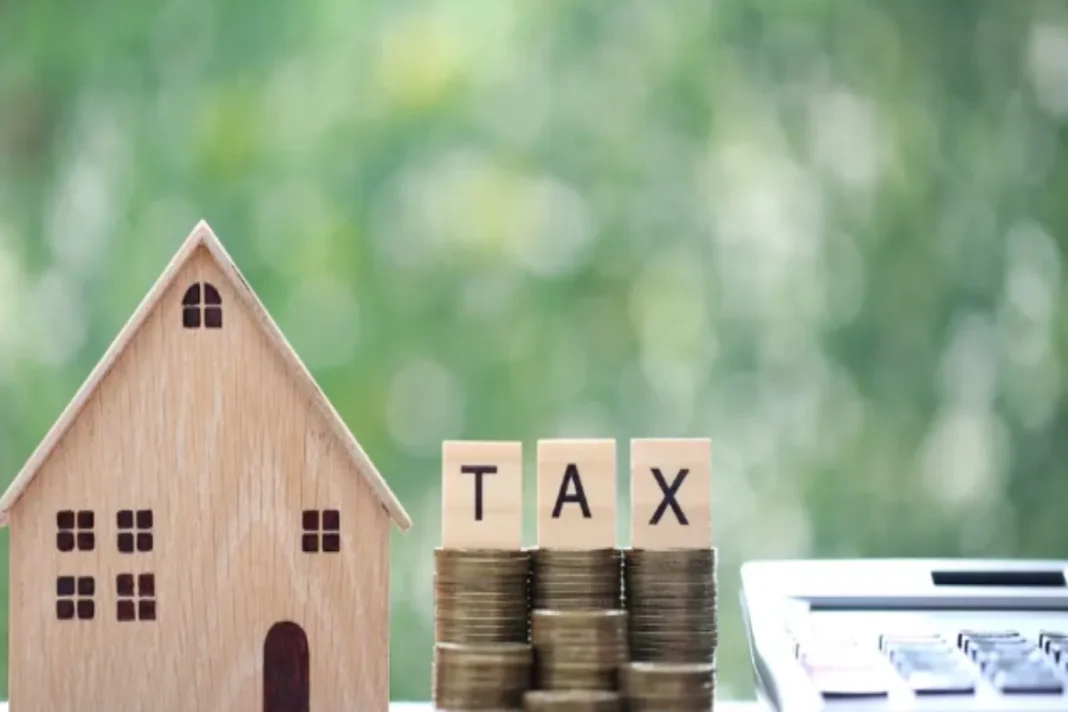Income Tax News: Income tax returns must be filed annually by all Indian nationals. When an employee retires, taxes on their pension, gratuity, and employee provident fund must be paid. Employees of the government and non-government sectors pay taxes in different ways. Government workers are not required to pay taxes on whatever lump sum amount they receive upon retirement. Tell us anything you can about it.
Mandatory Income Tax Return
It is mandatory for every Indian citizen to submit an annual income tax return. When an employee retires, taxes on their pension, gratuity, and employee provident fund must be paid. Tell us the formula used to calculate the tax on retirement benefits.
Government Employees’ Tax Privilege
Employees of the government and non-government sectors pay taxes in different ways. Government workers are not required to pay taxes on whatever lump sum amount they receive upon retirement. However, non-government workers who receive 100% of their pension less any gratuity are required to pay taxes on 50% of the entire amount. Income tax is not applied to the remaining 50%. A private sector employee’s 100% pension, including gratuity, is tax-free up to a third of the total sum.
Gratuity Tax Exemptions and Rules
The amount of the gratuity that government employees get upon retirement is fully exempt from tax. There are two ways that the taxes procedure works for non-government employees. The Payment of Gratuity Act of 1972 exempts the lower of the actual gratuity paid, fifteen days’ salary, or twenty lakh rupees for each year of employment with the company.
The lowest amount is exempt for individuals who are not covered by the Payment of Gratuity Act of 1972. It is determined by taking into account the actual gratuity received, half a month’s pay, or Rs 10 lakh for each year of employment with the company.
Tax-Free Employee Provident Fund (EPF) After Retirement
After retirement, the employee provident fund (EPF) amount is tax-free. The amount in the employee’s account on the day of end of work is tax-free, according the Income Tax Act.
Filing ITR for Retirement Benefits and Tax Deductions
To get retirement benefits, an ITR must be filed. Form 16 and pension statements, among other documentation, are needed for this. Retirement benefits are also subject to a number of exemptions and reductions. These provide for a partial reduction in the tax burden. A taxpayer may deduct up to Rs 1.5 lakh under Section 80c of the Income Tax Act under the previous tax structure.
Keep watching our YouTube Channel ‘DNP INDIA’. Also, please subscribe and follow us on FACEBOOK, INSTAGRAM, and TWITTER


